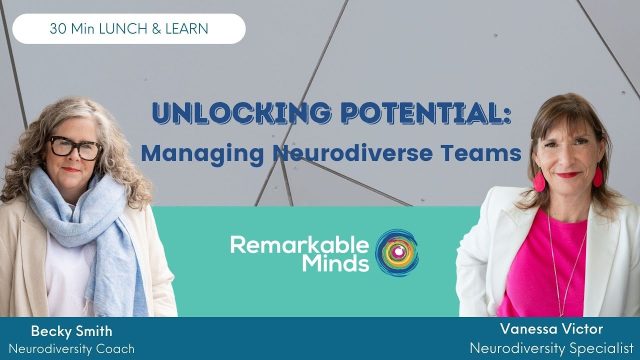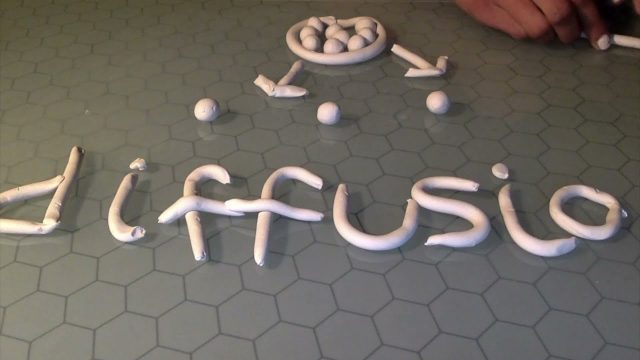Exposing The Imposter Syndrome

The imposter syndrome is psychological phenomenon referring to internal thoughts of incompetence, feelings of being less intelligent, successful or even a ‘fraud’, despite evidence or views of others suggesting otherwise. These self-questioning thoughts are commonplace and frequently occurring; even amongst those who can be deemed as highly successful. Intriguingly I only came across this notion of imposterism a few weeks ago, despite my psychology background, whilst attending some extremely useful training at my place of work. Ultimately, this got me thinking about how elements of the imposter syndrome could be relatable to dyslexia, making for a thought-provoking and useful read.
Research by Clance and Imes (1978) first brought the term ‘imposter phenomenon’ or ‘imposter syndrome’ to life.1 Their study of high-achieving women, holding good jobs and academic professions, found that female participants reported feelings of not being worthy of their achievements. Success was often attributed to external factors including luck, potential misjudgements from others, and their own abilities being overestimated or exaggerated. The researchers described such experiences and thoughts as “intellectual phony”, whereby individuals believed they are fooling those around them with inaccurate displays of their abilities and skills.
Since the publication of that article, further research has established that experiences of imposterism can be found within all individuals, and is not limited to just high achieving females. Thus, this negative self-talk and ‘internal thought battle’ is far more rife and prevalent in society than first thought. Delving further into the psychological realm, the concept of imposterism strongly links and overlaps with the notion of cognitive dissonance. This social psychology theory outlines how people can experience internal discomfort or distress from holding contradictory beliefs. In order to relieve and negate this tension, individuals may reject, ignore or avoid new incoming information.2 In this way, and in relation to the imposter syndrome, individuals could explain away or disregard praise or kind words from others regarding their skills, abilities and personal strengths.
It has been suggested and explored that dyslexia can extenuate, amplify and intensify feelings of imposterism. I recently watched a really insightful video on YouTube which discussed this notion (Why Dyslexia Causes Imposter Syndrome, 2021). Within this, it was stressed that dyslexics can possess an “inner critic”, whereby individuals frequently question, play down and critique their own abilities. This can be further confounded by susceptibility to comparing themselves with others. As a consequence, dyslexics can feel self-conscious, inferior, embarrassed, stressed, anxious, and lose self-esteem (all contributing to the psychological ‘secondary symptoms of dyslexia’), as they may feel like a failure compared to others because of their dyslexic tendencies and daily struggles.
‘Dyslexic imposterism’ can manifest itself in dyslexics as feeling not worthy of what they have achieved; such as their job, an excellent reference or recommendation, a place at university, or a grade/mark in an exam or assignment. In this way, dyslexics are often very hard on themselves despite frequently having to work for longer, putting in more time and effort, to reach the same level as non-dyslexics or neurotypicals. 3. Sadly, these damaging feelings of inferiority, even if dyslexic individuals meet and exceed their personal goals and targets, can stretch from childhood and beyond into adulthood.
In order to assist individuals, there are many resources that outline and explain how one can manage such feelings of imposterism. Key messages to take away and consider are explored below:
- Firstly, it has been strongly documented that the imposter syndrome is widespread and commonplace. This is because these negative feelings of self-doubt and self-criticism are totally normal human behaviours, particularly when one tries something new, Therefore, those who experience such feelings of imposterism are not alone. Many suggests that it can be extremely beneficial and cathartic to talk to others such as family, friends and colleagues to share their experiences of how the imposter syndrome presents to them and makes them feel. A famous quote attributed to Albert Einstein, “Anyone who has never made a mistake has never tried anything new” supports this notion that mistakes and self-doubt are natural and ordinary human actions and thoughts. Instead, learning and building from past errors, without over-dwelling or worrying, are important lessons for us all.
- A conclusion from a recent training session on the imposter syndrome stressed the importance of individuals to try to distinguish and separate between fact and their own intensified negative feelings. Crucially, this refers to endeavouring to identify when one’s brain is exaggerating a harmful thought, unfairly judging or treating oneself, and is looking to start the internal fight of overemphasising feelings of fraudulence and incompetence and under-emphasising true talent and skill.
- Thirdly, an article by Christian Jarrett highlights that being aware that the imposter syndrome exists and that a name can be applied to such an occurrence can be extremely beneficial.4 Once a phenomenon, feeling or emotion becomes normalised and ‘mainstream’ in society, such as imposterism, it can become easier to accept why it impacts us individually and learn how to best understand and manage our imposter thoughts and feelings. In this way, the fact that the imposter syndrome is written and spoken about it vital. Because of this it becomes far easier to find articles and research on imposterism, which can help individuals better understand where these feelings origin from and why they occur.
- Finally, understanding and potentially pinpointing the triggers for one’s own imposterism can be an immensely useful tool. Making a note of when your imposterism rears its ugly head alongside where you are, what tasks you are doing and what particular emotions you are feeling can be an excellent starting point. Potentially, patterns or sequences may start to appear. An individual who can identify where these damaging imposter views come from can be in a good position to recognise, challenge or critique incoming negative thoughts; assessing ultimately whether they are fact or false.
Many of us may experience feelings of imposterism throughout our lives. These adverse self-views, which may not accurately reflect reality, can be heightened in dyslexics and other neurodivergents due to the internal stress, worry, anxiety, and fear of thinking and processing differently from others. However, taking on board some of the above suggestions and aspiring to hold an awareness, knowledge, and understanding of one’s unique imposter beliefs can help manage these on a day-to-day basis. Although developing these new habits can take time, practice, and patience, this knowledge can be intensely beneficial to all individuals; regardless of whether one is dyslexic or not.
References
- Clance, P, R & Imes, S (1978). The Imposter Phenomenon in High Achieving Women: Dynamics and Therapeutic Intervention, Psychotherapy Theory, Research and Practice, 15(3). (Full Text)
- Cherry, K (2020). What is Cognitive Dissonance? Verywell Mind.
- Butcher (2020). Dyslexia and Fatigue, Discussing The Dyslexic Brain.
- Jarrett, C (2010). Feeling Like a Fraud, The Psychologist, 23(5).









